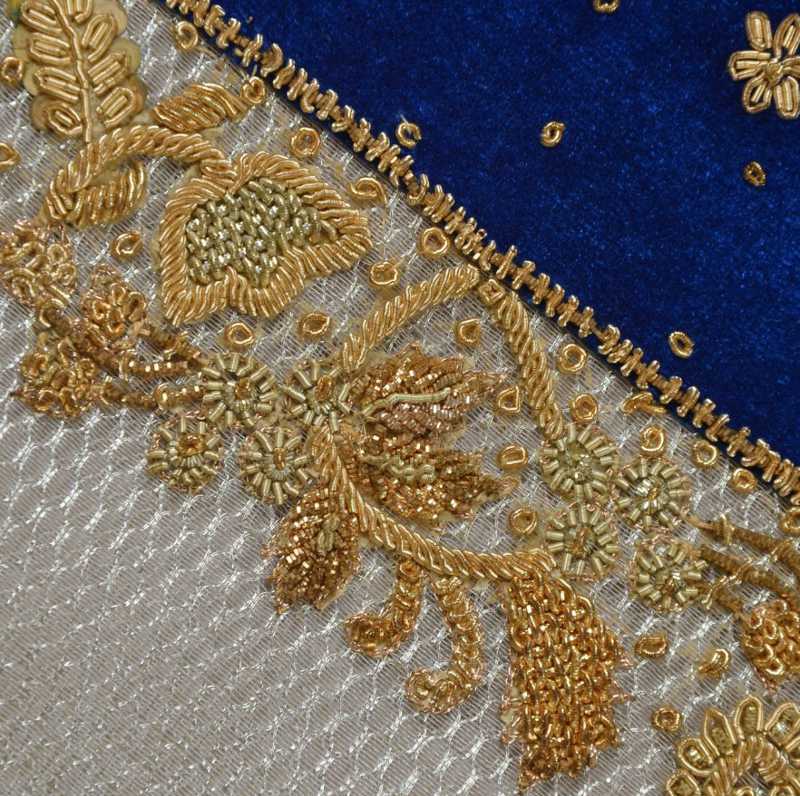===
186,
3
===

=== |
 |
bāt : 'Speech, language, word, saying, conversation, talk, gossip, report, discourse, news, tale, story, account; thing, affair, matter, business, concern, fact, case, circumstance, occurrence, object, particular, article, proposal, aim, cause, question, subject'. (Platts p.117)
FWP:
SETS == POETRY
MOTIFS
NAMES
TERMSThe flexibility of bāt is on fine display here (see the definition above). With such a short meter and such simple vocabulary, the verse has all sorts of possible readings, as SRF notes.
For what exactly is an ab kī bāt , literally an 'of-now' bāt ? Is it something that's never been said before? Is it something that was said by earlier poets, but that is now of interest only because it's been taken up and claimed by some contemporary poet? Or is it something that is already part of the current zeitgeist, and thus ought to receive poetic expression?
Or does bāt refer to a poem or an utterance, so that we're being enjoined to recite the verses not of the early ustads, but of our contemporaries? Or does it refer to an 'account, tale', or even to 'gossip', so that we're being enjoined not to become generally absorbed in the past at the expense of the present? As so often, we're left to decide for ourselves.